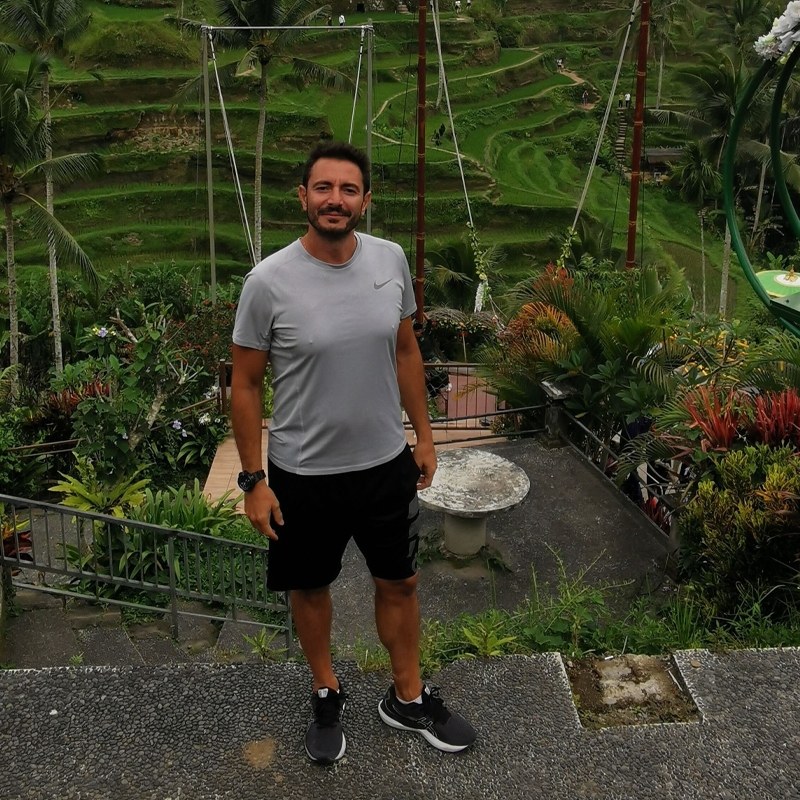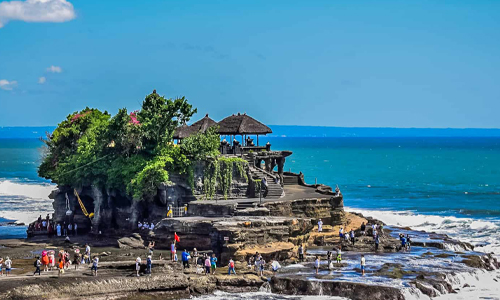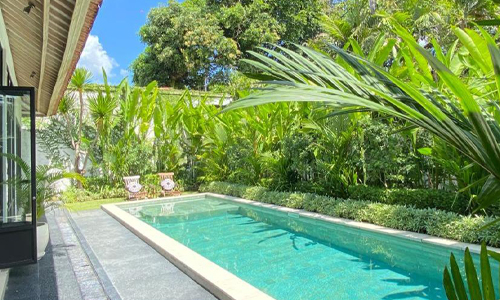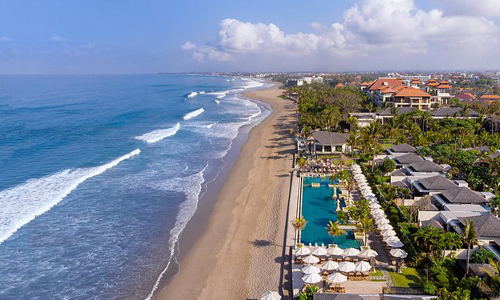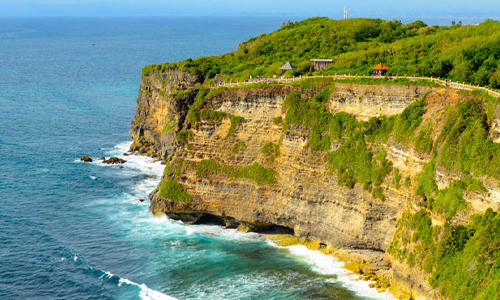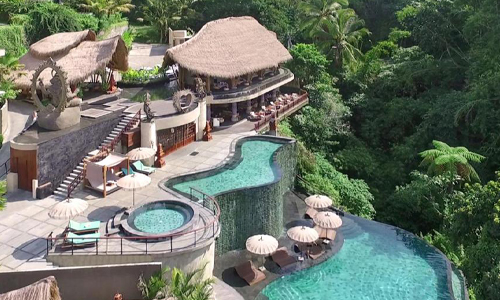The Founder
Meet Fadi Chamat, CFA the founder behind our real estate investment platform in Bali. With an illustrious 18-year career in the dynamic media industry of Dubai, Fadi embarked on a transformative journey fueled by his innate passion for investments. After completing his CFA, he seamlessly transitioned his expertise into the realm of real estate, leveraging his extensive experience across diverse global markets such as the US, Sri Lanka, Greece, and the UK. Fadi's unwavering commitment to excellence and his dedication to pioneering new investment horizons make him the driving force behind our mission to redefine real estate investing in Bali.
